By Masilo Malakwane
QWAQWA – Education MEC Tate Makgoe has lauded the Dot Za domain (Zadna), Google South Africa and National Electronic Media Institute of South Africa (NEMISA), for launching the ZA Schools Digitilisation programme at Kgolathuto in Phuthaditjhaba on March 11.
Makgoe said the programme will benefit 35 schools in the province, with each school receiving a domain name and school email addresses for learners and educators and other digital platforms.
“ZADNA has taken us through a detailed demo explaining that through the Google classroom’ this highly interactive platform allows teachers to upload school work, mark papers and give comprehensive feedback to learners and parents via email.”
Makgoe hailed the digitilisation programme as a great solution for rural schools in the province.
“Remember during Covid-19 when the schools were closed, education and learning were forced to stop because there was barely a country that was prepared for the pandemic. Hence we intend to use this digital learning programme to create an educational alternative for all, even in difficult uncertainties when teachers and learners are not able to attend school due to various reasons that may affect teaching and learning,” Makgoe added.
According to ZADNA Ceo, Molehe Wesi, most model C schools in other parts of the country were able to switch to at least some online teaching within a relatively short period of time during the Covid-19 pandemic, while many public schools in rural areas in the province were still lacking alternatives to classroom-based learning.
“We have partnered with the Free State department of Education to roll out this programme in the province, and our ambition is to extend it to other provinces across the country,” Wesi said.
He further disclosed that they are working around the clock to introduce the digitization system to 35 schools in the province, with each school receiving a school domain name, school email addresses for learners and educators and other digital platforms.
“Beneficiary schools are between quintile 1 and 3 and in areas that have access to broadband connectivity as per the SAConnect national programme,” he concluded.
However, Map Acting Executive Mayor, Cllr Naledi Mojalefa said there is still a long way to go in achieving digital learning in Map. He emphasized the lack of reliable access to electricity poses the greatest obstacle to virtual learning.
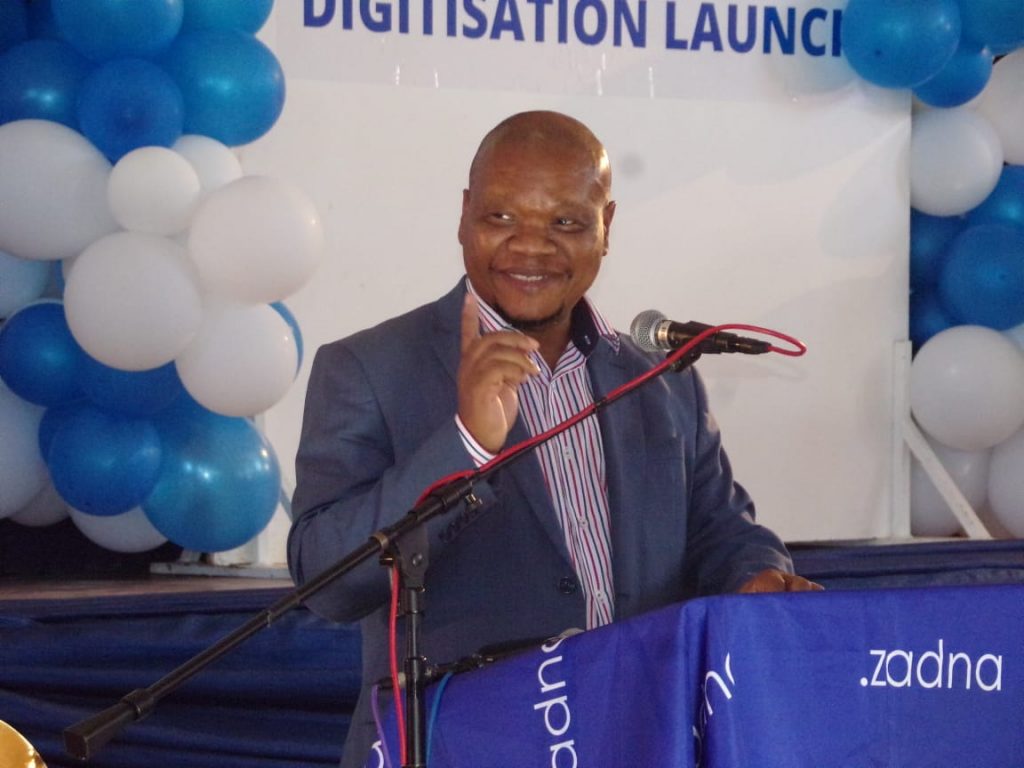
“But if learning content is digital and teachers can teach without being physically present with their pupils in the classroom, then our education stands a chance,” Naledi said.
Pupils from different schools in Thabo Mofutsanyana district also attended the launch and acknowledged that the country is ready for fourth industrial revolution regardless of the challenges.
Tubatsi Mokhatla, a grade 12 learner at Kgola Thuto Secondary, called for everything that is being digitally developed for the future, to be workable in the public education.
“Now, every matric learner in my school has access to a laptop; when there is no electricity, then maybe batteries, generators or solar power can be used,” Mokhatla said.


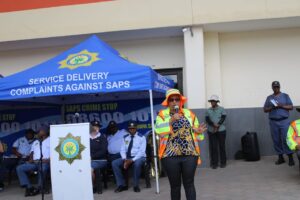
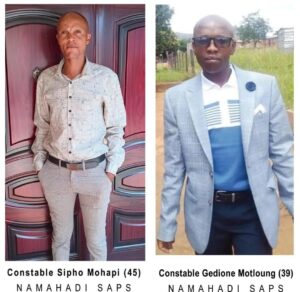
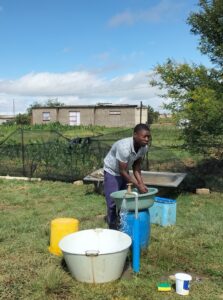
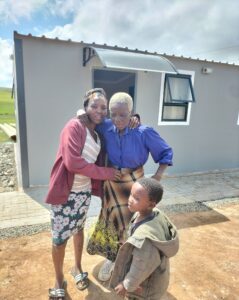
good information